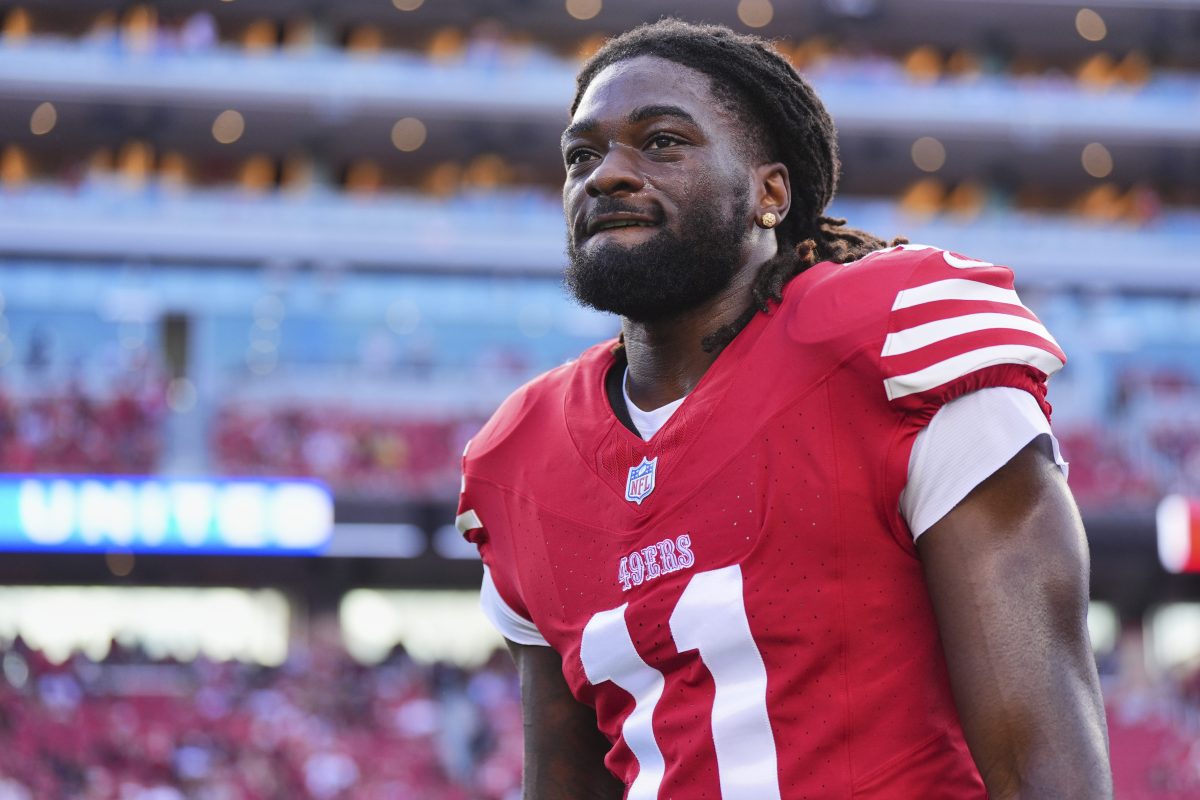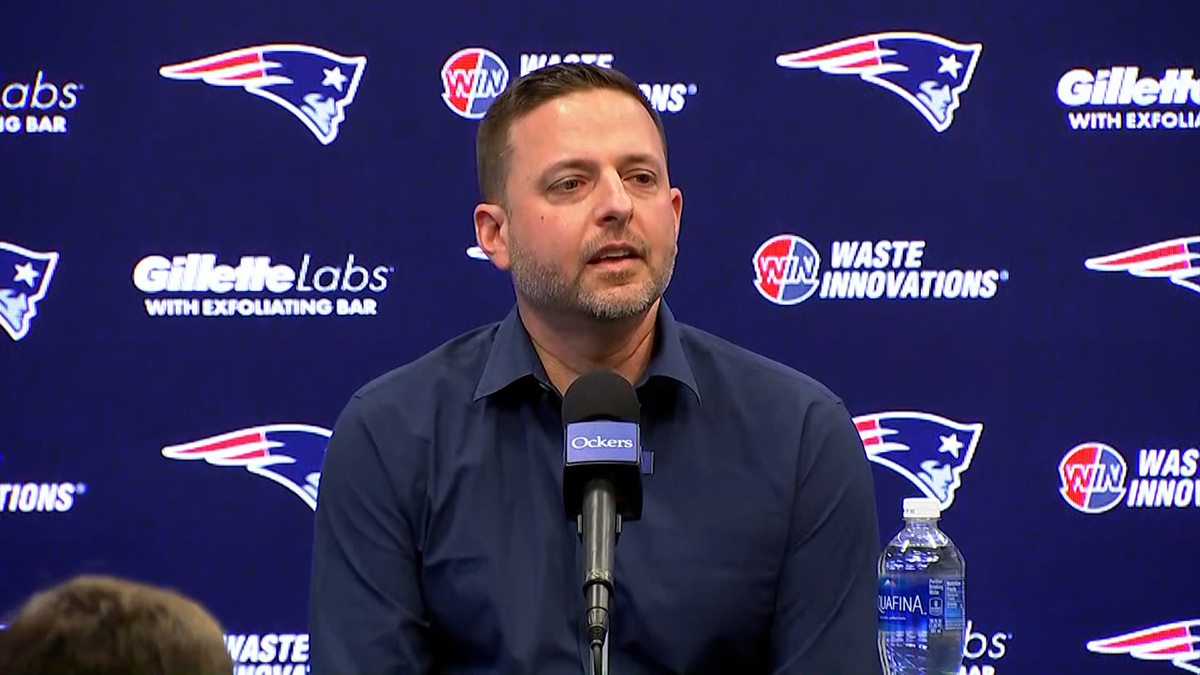ALAMEDA -- The Raiders were on the practice field Tuesday when general manager Reggie McKenzie’s phone rang. Dallas Cowboys CEO Stephen Jones was on the line, prepared to meet the Raiders’ asking price.
McKenzie wanted a first-round draft pick for receiver Amari Cooper. Jones was willing to part with his.
The journey from proposal to acceptance didn’t take long. McKenzie went from his office to the practice field and filled in Jon Gruden. The Raiders coach gave a thumb’s up, overjoyed to get such compensation for Cooper. Moments later, the deal was done.
Stay in the game with the latest updates on your beloved Bay Area and California sports teams! Sign up here for our All Access Daily newsletter.
“We felt like it was an opportunity that I felt like I couldn’t pass up,” McKenzie said. “To get a first-round pick in this business here, I thought was invaluable. It was something that I felt like I had to do moving forward for this organization.”
A personnel assistant came onto the field moments later, tapped Cooper on the shoulder and pulled him from practice. His teammates weren’t apprised right away.
Quarterback Derek Carr found out after practice. The whole team was not addressed on the matter despite the Raiders shipping their best receiver to Dallas on the day that team activities resumed after a long bye week.
This was another blow to the locker room, still reeling after a 1-5 start. Players were told before leaving on the bye that the team wasn’t tanking. They were told to come back with clear minds and renewed optimism after two blowout losses. Then Cooper was dealt.
NFL
Frustration pervaded through the locker room, especially after finding out Cooper was gone. It was the second such blow, roughly seven weeks after Khalil Mack was traded to the Chicago Bears. And it hurt.
Only running back Jalen Richard spoke to the media. Most veterans declined comment or avoided the locker room all together. The Cooper trade was taken as a sign the season is being abandoned, a difficult admission for veterans on short-term deals who will not be part of the Raiders’ long-term rebuild.
More guys could go before the Oct. 30 trade deadline, which might be welcomed by veterans who are tired of losing while not improving their chance to cash in later on the open market.
It will be interesting to see how the players compete Sunday against the Indianapolis Colts after losing their best receiver via trade and running back Marshawn Lynch to injured reserve.
While Cooper was subject to trade rumors over the past week, it was uncertain whether he would be traded. McKenzie said teams had inquired about Cooper in early September, but talks intensified once trade talk hit the media.
Five teams honed on Cooper -- NFL Network’s Mike Silver reported the Philadelphia Eagles offered a second-round pick -- but Dallas was the first to pony up a first-rounder. The Cowboys are starved for receiving help and reached out Friday, but they upped the ante Monday to make the deal.
Strip away the context, from the bad results to talk of a fire sale, and see the Raiders made a good deal. Cooper was dynamic but woefully inconsistent and got hurt in each of his professional seasons. He was going to be paid like a top-of-the-market receiver after playing 2019 on his fifth-year option -- a hefty sum the Raiders weren’t confident in giving.
Not paying Cooper or Mack will provide salary cap flexibility to sign players next offseason and improve the team’s overall depth. That meant a trade was the best option, and this was a time to pull the trigger at 1-5.
Only, however, for the right price. Dallas provided it.
“I still think he’s a first-round player,” McKenzie said. “That’s why I insisted on a first-round pick. Has he been inconsistent? Absolutely. Has he shown greatness? Absolutely. The consistency has been something he has worked on. He is still a young player. I think he’s going to do well down in Dallas.”


